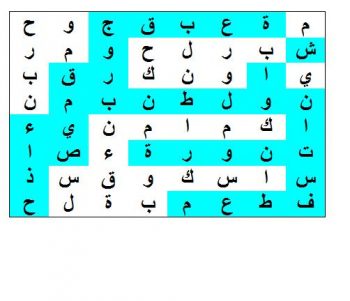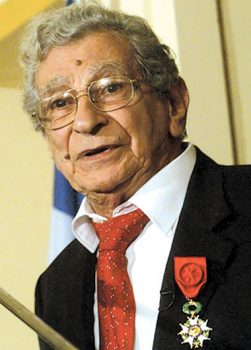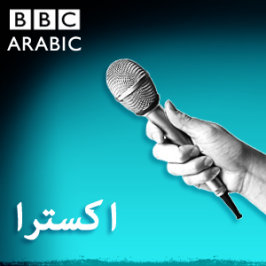Archive for May, 2010
Arabic word search game Posted by aziza on May 30, 2010
Here is another word search game in Arabic. The topic of this one is clothes (الملابس). There are 10 items of clothes to be found in the grid. Translations of words and answer of puzzle are found below. Enjoy! فستان قميص تنورة بنطلون حذاء جورب اكمام معطف شال قبعة dress shirt skirt trousers shoe sock…
Youssef Chahine Posted by aziza on May 28, 2010
Youssef Chahine (يوسف شاهين) is one of the most famous Arab film directors. He was born in Alexandria, Egypt in 1926 to a Lebanese father and a Greek mother. In 1946, Chahine convinced his parents to let him travel to Hollywood to study acting, where he attended the Pasadena Playhouse outside of Los Angeles, California…
Arabic TV and Radio Programming Posted by Transparent Language on May 27, 2010
A list of Arabic TV and radio programming, podcasts, and media outlets.
Calendar Months in the Arab World Posted by Transparent Language on May 26, 2010
Arabic calendar months used in the Arab World
The Absolute Object Posted by aziza on May 25, 2010
The Absolute Object (المفعول المطلق) is a special type of object that serves to emphasize the meaning of the main verb. It is typically formed by using the verbal noun (المصدر) derived from the main verb in the accusative form, e.g. انتصر الجيش انتصاراً. ‘The army has achieved victory.’ The absolute objects can be modified…
Tricky Dual (both) Posted by aziza on May 23, 2010
Dual can be very tricky at times. The word (كِلا) in Arabic means ‘both’ in English. It is used mainly as part of an idaafa construction, either with a definite noun (كِلا الطالبان) ‘both students’ or a pronoun, e.g. (كِلاهما) ‘both of them’. Many people erroneously use (كِلا) with both masculine and feminine, without realizing…
A Confusing Arabic Word Pair: An and Anna Posted by aziza on May 20, 2010
There are two words that are written in the same way and that are often confusing for learners of Arabic. These words are (أنّ) ‘anna’, (أنْ) ‘an’. They are functional words that differ in the way they are used. These two words collocate with different verbs, e.g. with (عرف) ‘knew’, we must use (أنّ) which…





